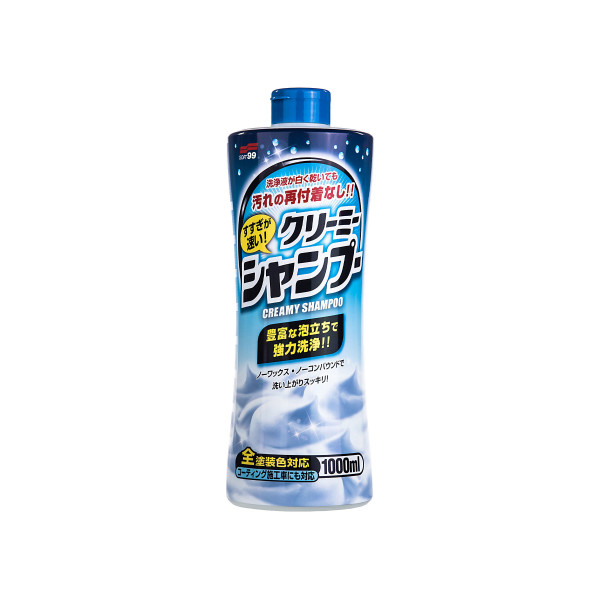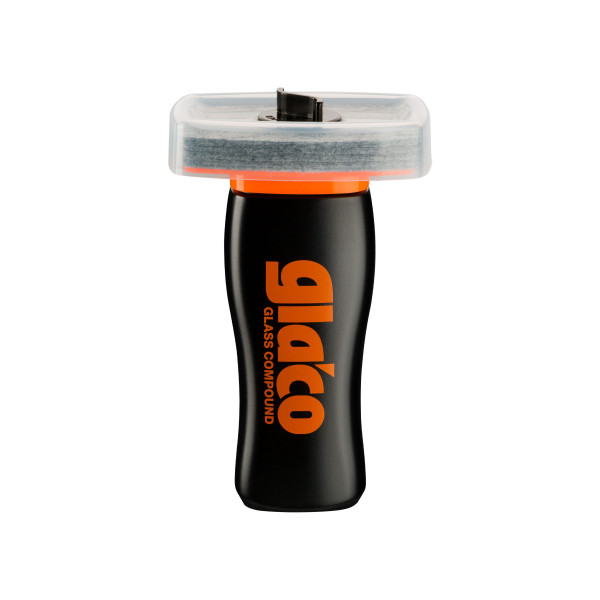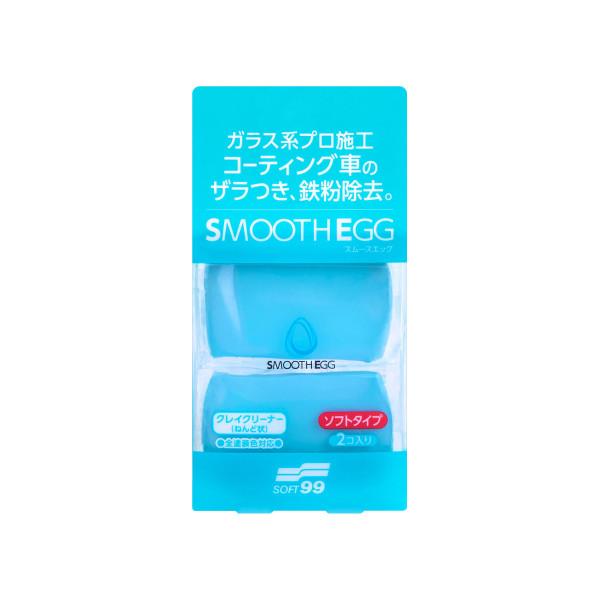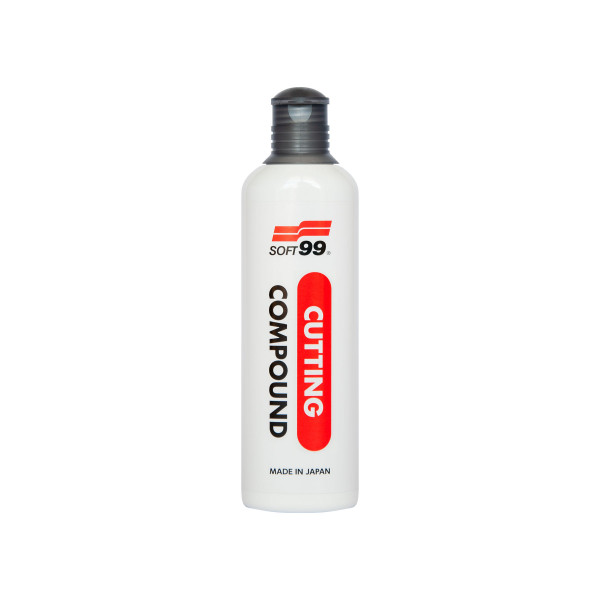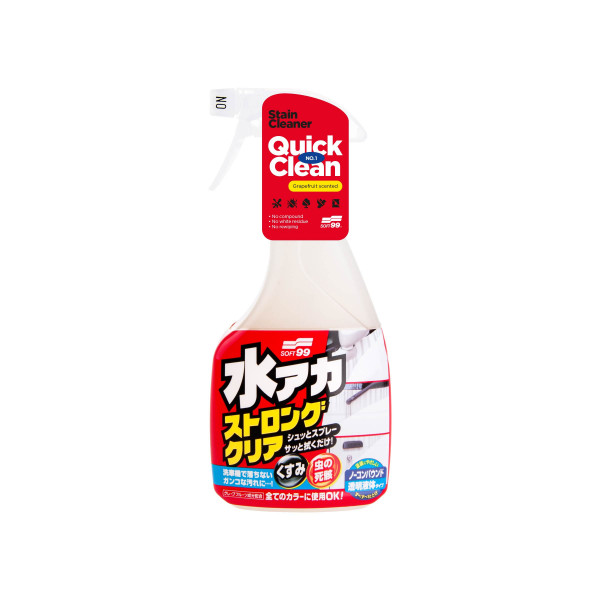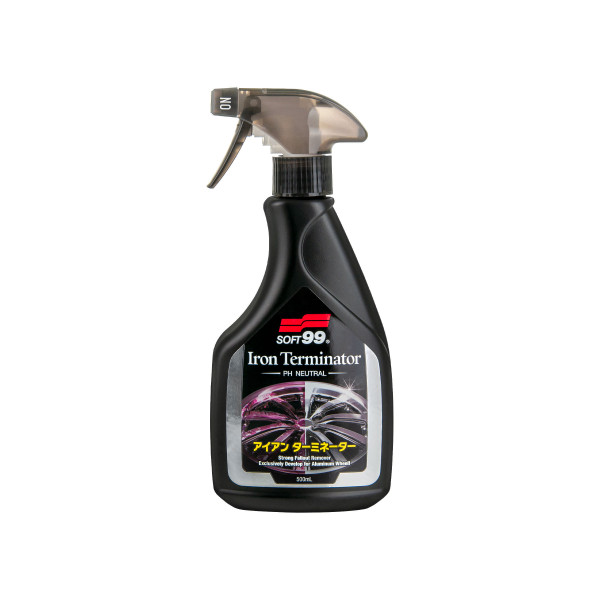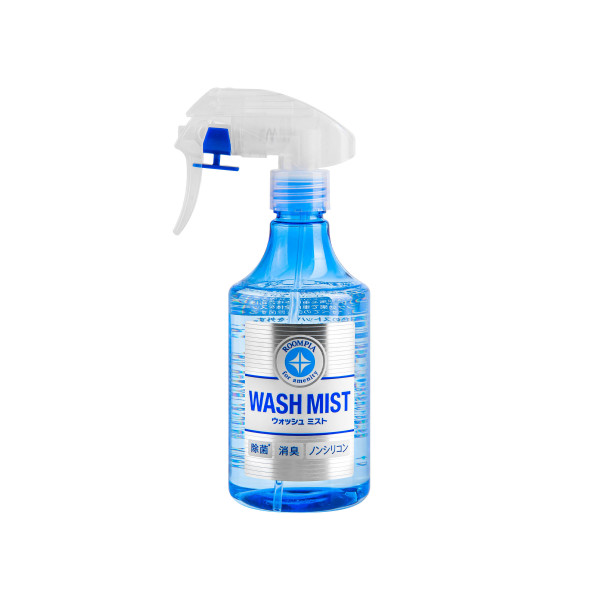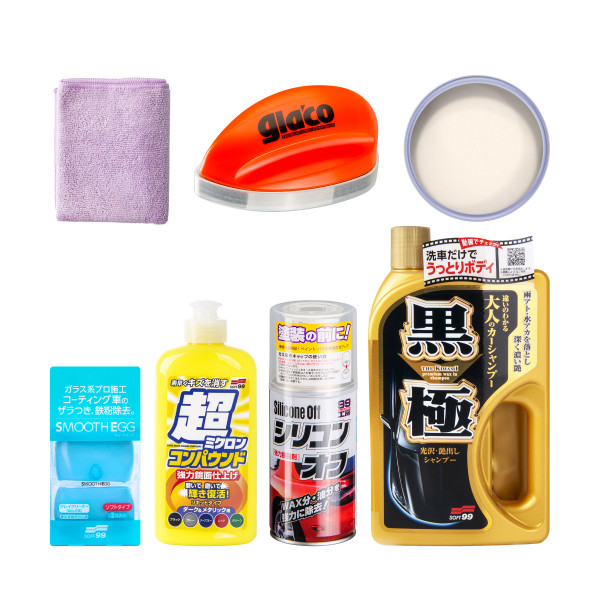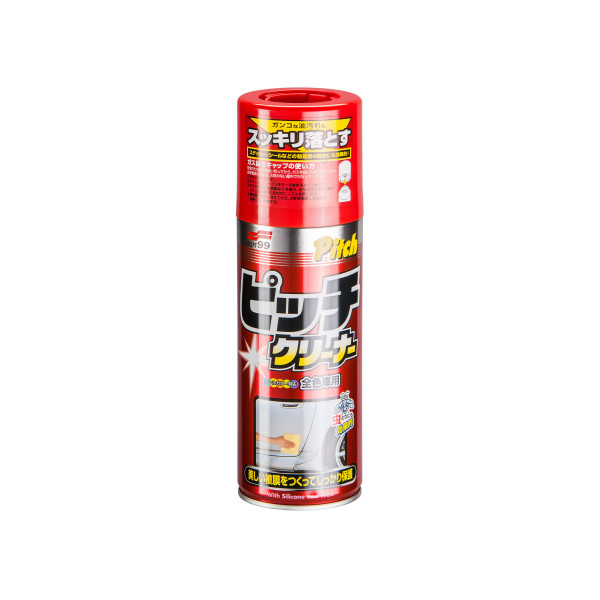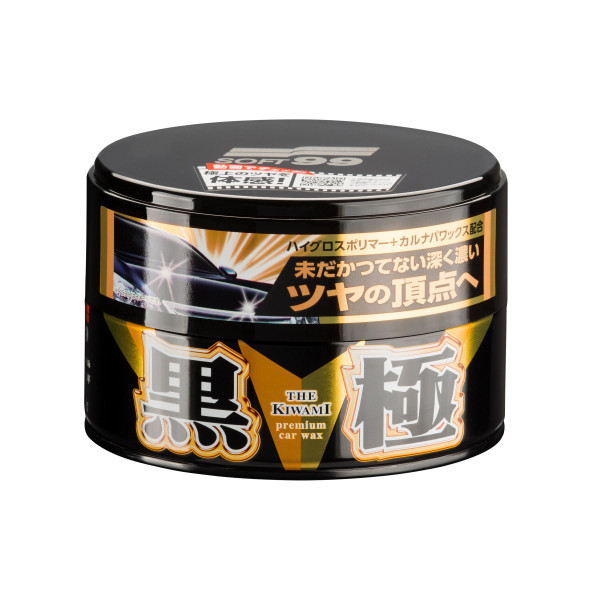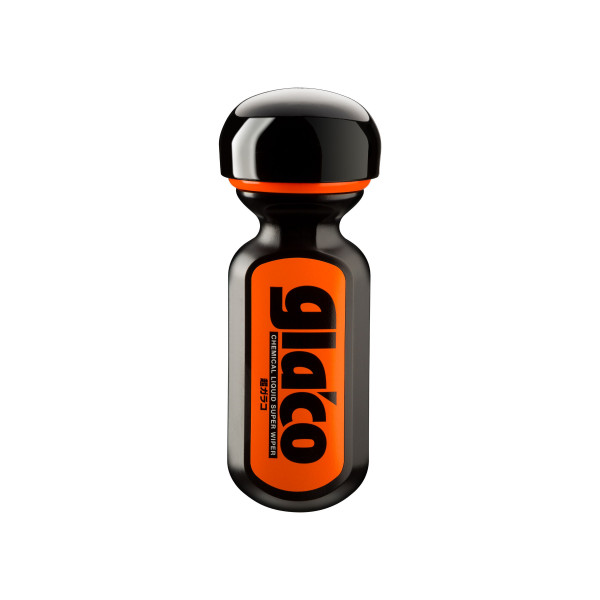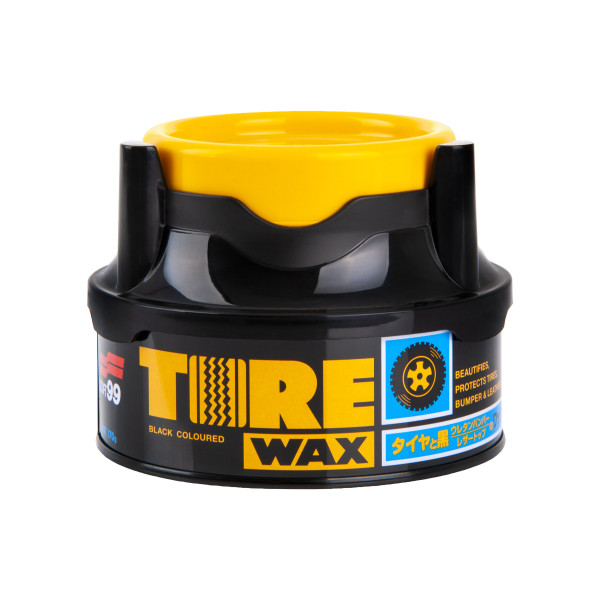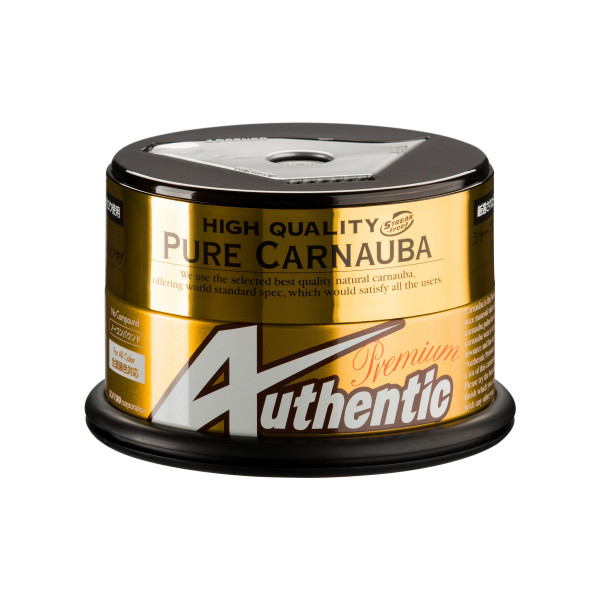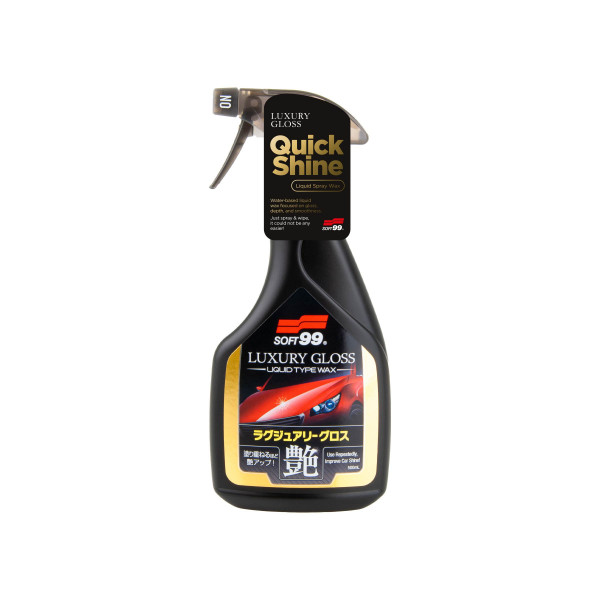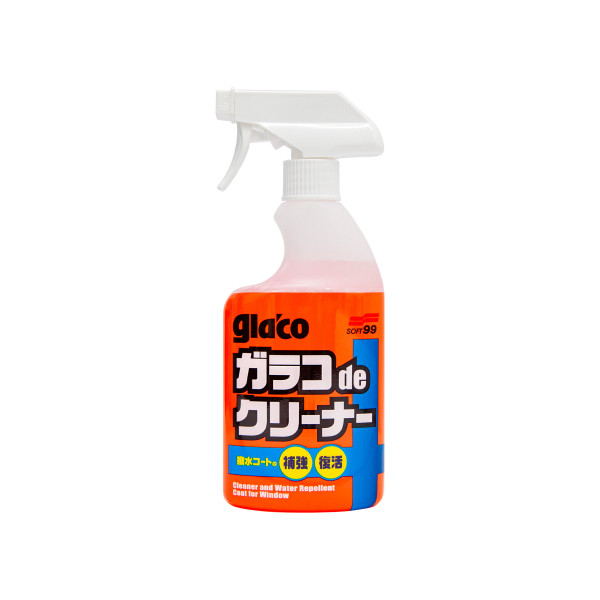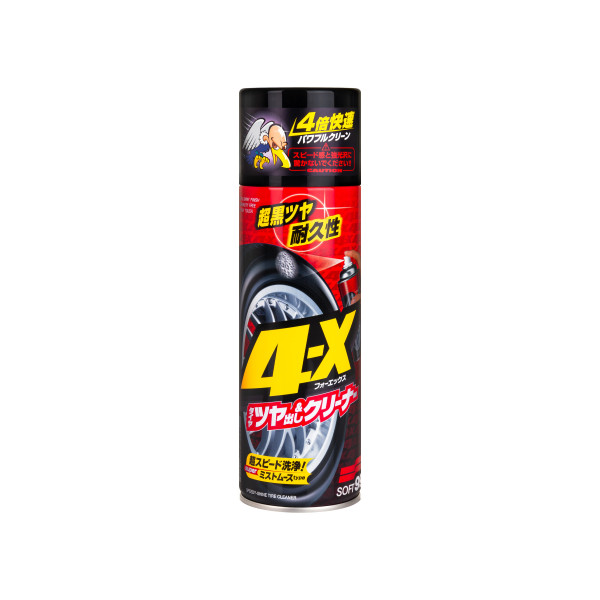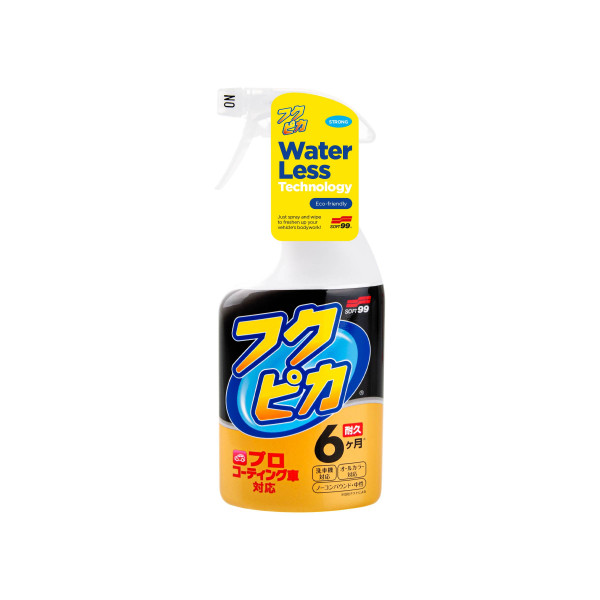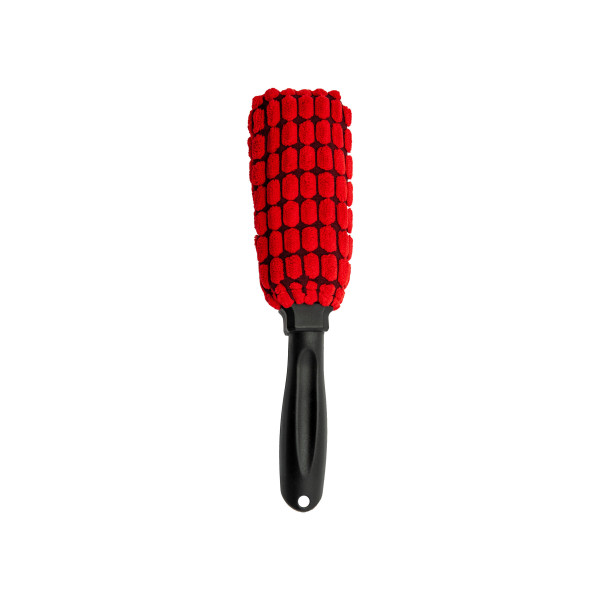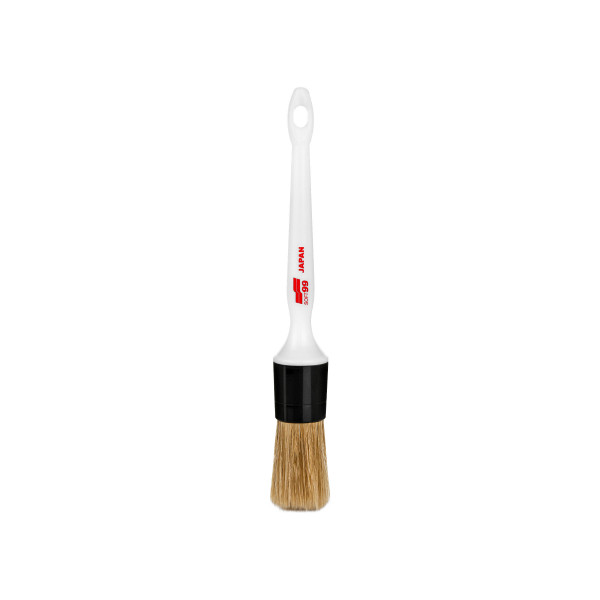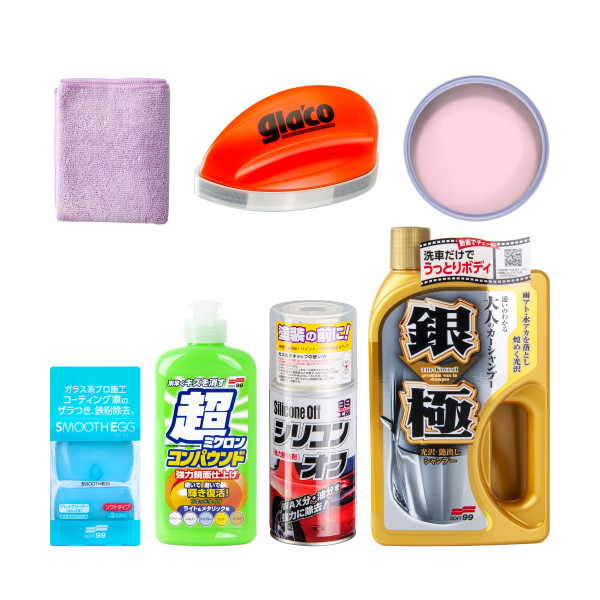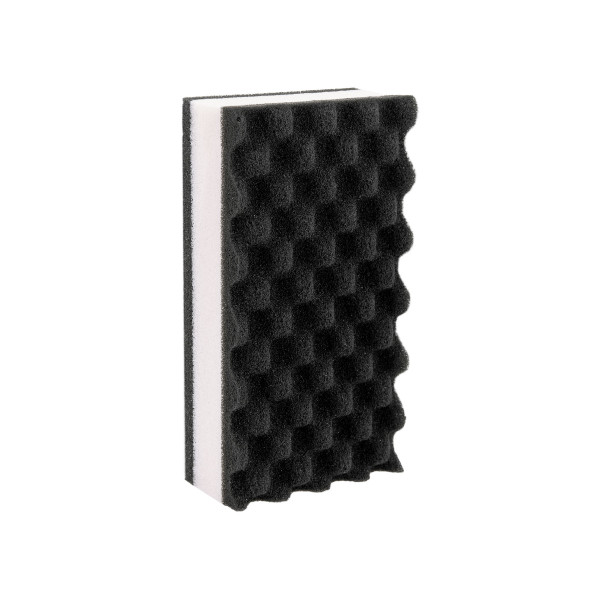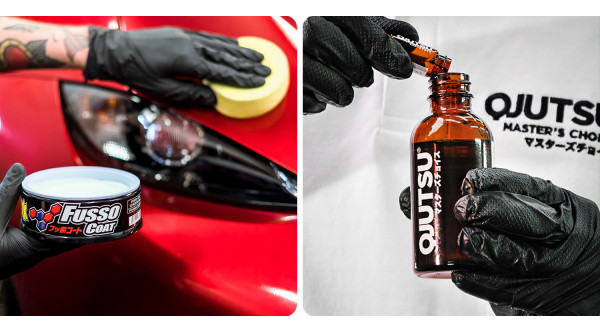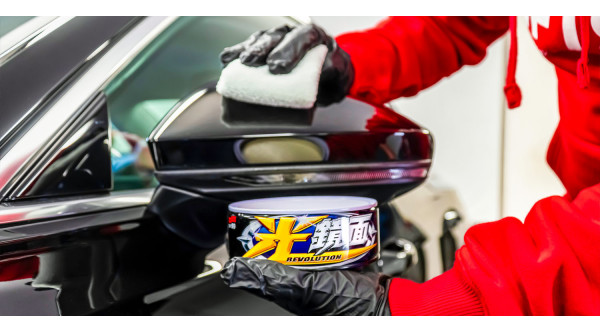- No product items
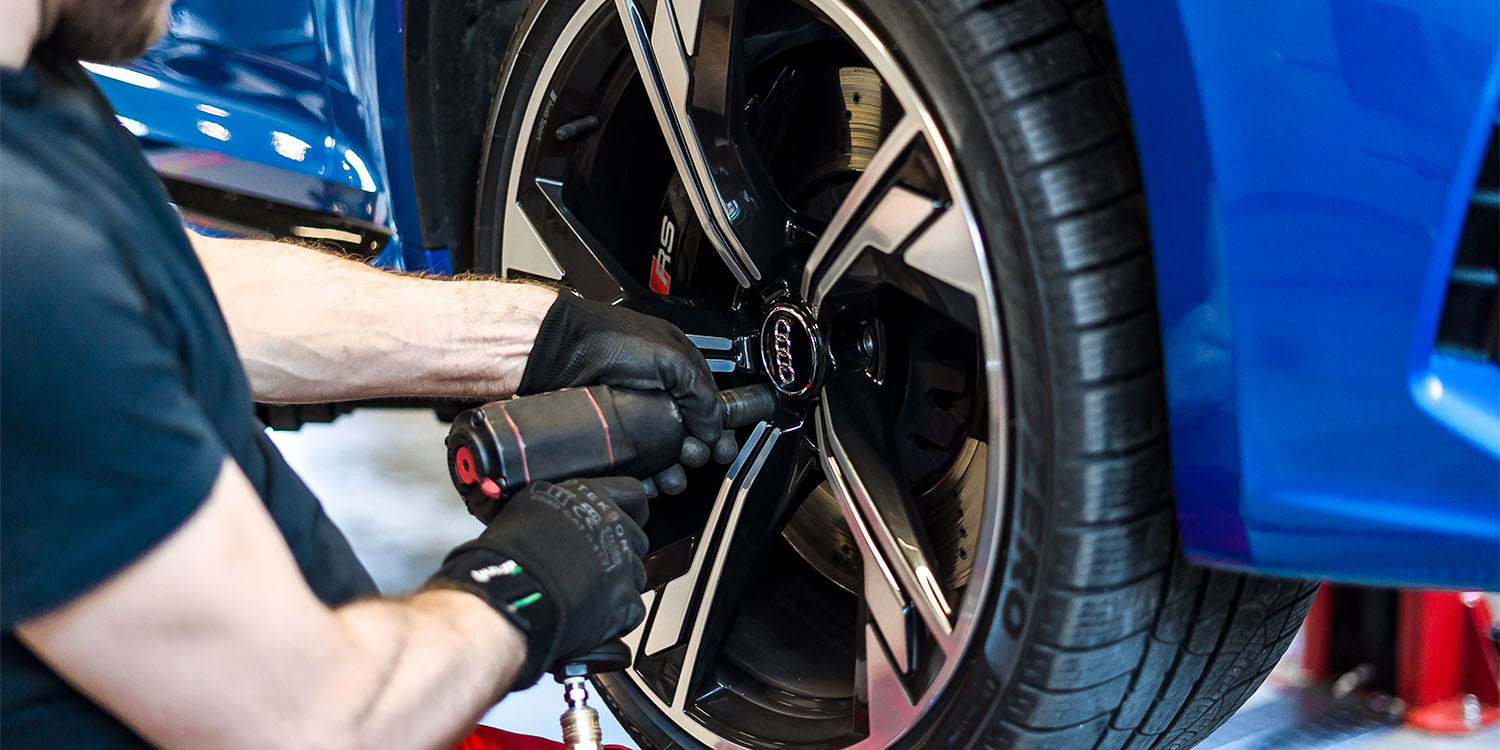
All-season or winter tyres? 5 rules for choosing tyres wisely
The once overlooked all-season tyre has leapt onto the sales statistics rostrum at an express pace, and more drivers are asking themselves whether a universal all-season set will provide real savings. Let's find out!
Many motorists in Europe have become accustomed to the division between summer and winter tyres. Seasonal tyre changes had become routine, and in the transitional months, tyre services could not keep up with customer service. It all seemed obvious, until advancing climate change and rising prices were met with technological developments in the tyre industry.
7 degrees a myth?
"If the average daily temperature drops below 7 degrees" – this is the golden and often the only rule that car owners follow when choosing when to change to winter tyres. The rule seems simple, but is it too simple? Several degrees during the day in bright sunshine and a frosty spell in the morning are commonplace in the transitional months. These are widely different conditions and in such a broad range neither a summer nor a winter tyre is the right solution. If we assume that these conditions can occur for up to six months of the year, then all-season tyres seem a justifiable choice.
Determine the conditions
You should also ask yourself what conditions you will realistically be driving in. If your yearly mileage is low and you do most of your driving in the city, the chances of white-covered roads, mounded snow or ice are rather low. All-season tyres are then an option worth considering.
However, if you cover more than 10,000-20,000 kilometres a year, move between different regions or live in mountainous terrain, winter tyres seem a more sensible option, providing you with a greater margin of safety in difficult, typically winter conditions.
Compare the costs
The first savings can be made right from the start when replacing two sets of seasonal tyres with one set of all-season tyres. Although the prices of the latter are slightly higher, the final cost will still be lower.
Seasonal tyres mean a minimum of two visits to the tyre fitter per year. By opting for all-season tyres, we can delete these items from the estimate. Assuming that an all-season set will last a minimum of three years, we save ourselves up to six, tyre-fitting appointments. Depending on the type and size of the rims, the amount left in your wallet may be enough to cover a large part of the purchase of a new set of tyres. It's a good idea to estimate how much time and energy having to appoint a tyre fitter will consume.
The downside of tyres used all year round? They will certainly wear out faster than two seasonal sets, but for low mileage this should not be a major drawback.
Choose tyres that suit your car and your driving style
It is important to remember that, despite their many advantages, an all-season tyre remains a compromise between a summer and a winter tyre, partly drawing technology from both. As a result, they behave correctly in a very wide spectrum of weather conditions. However, the power of the car and the driving style of the driver must be taken into account. There is no room for compromise in sports cars, with very powerful drivetrains and aggressive handling characteristics. As the sole factor connecting the car with the road, the tyres must keep up with the power transfer, maintain traction, go hand in hand with high brake performance and also meet the requirements set by the high maximum speed indices.
These problems do not apply to compact, city and family cars and this point should not weigh on the decision to choose all-season tyres.
Safety and more – it's important!
Whichever type of tyre you decide on, you need to remember that as a result of various negligence, even the best tyres will fail. What is worth bearing in mind?
• Correct pressure and regular checks. A loss of pressure of 1 bar means a braking distance on wet roads that is up to 10 metres longer! Over-inflation, on the other hand, means a smaller tyre footprint and less grip. In both cases, the tyre will wear unevenly and will not provide you with complete safety. Check your tyre pressure regularly and follow the manufacturer's recommendations.
• Suspension geometry is extremely important. Changes from factory settings (e.g. due to repairs to suspension components) can cause total tyre wear after only a few thousand kilometres, and driving with incorrect settings means unpredictable behaviour in corners, on a straight road or during sudden manoeuvres.
• Careful driving is also of paramount importance. It is advisable to drive properly and carefully over kerbs, avoid or slowly negotiate large gaps in the carriageway (if possible) and avoid contact between the side walls of the tyres and kerbs when parallel parking.
• Visual aspects are not insignificant either. Tyres are the components most exposed to road dirt, salt, metallic deposits from brakes and also UV rays. This mixture is perpetuated over time by heat and gradually destroys the tyres. These lose their elasticity, crumble, micro-cracks appear and visually they become grey-brown and unattractive. However, the ageing process can be reduced by using the right care products, such as Tire Black Wax. It provides protection against dirt, UV rays and, thanks to the addition of a fine carbon black pigment, ensures that the tyres always look like brand new, with no shine or slipperiness. One application of Tire Black Wax will last several weeks, and a whole can will protect one set of tyres for months.


